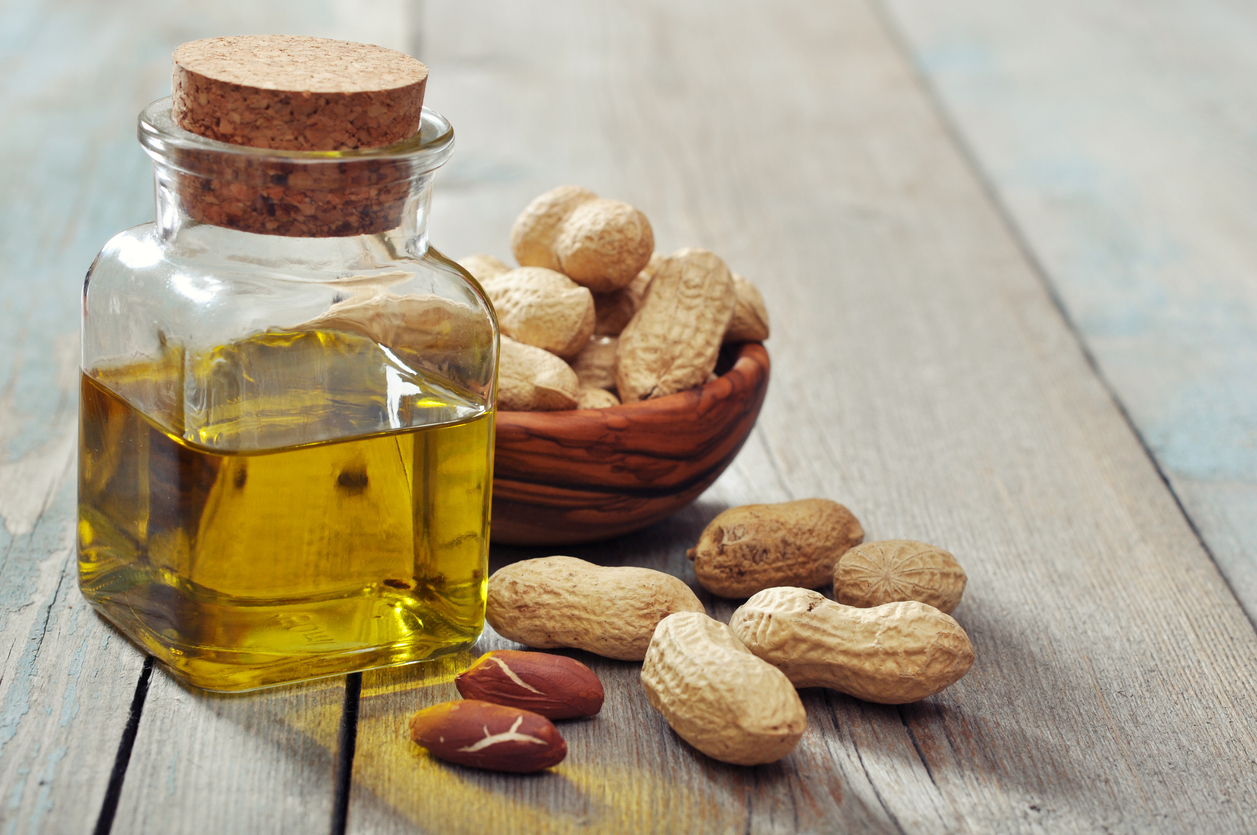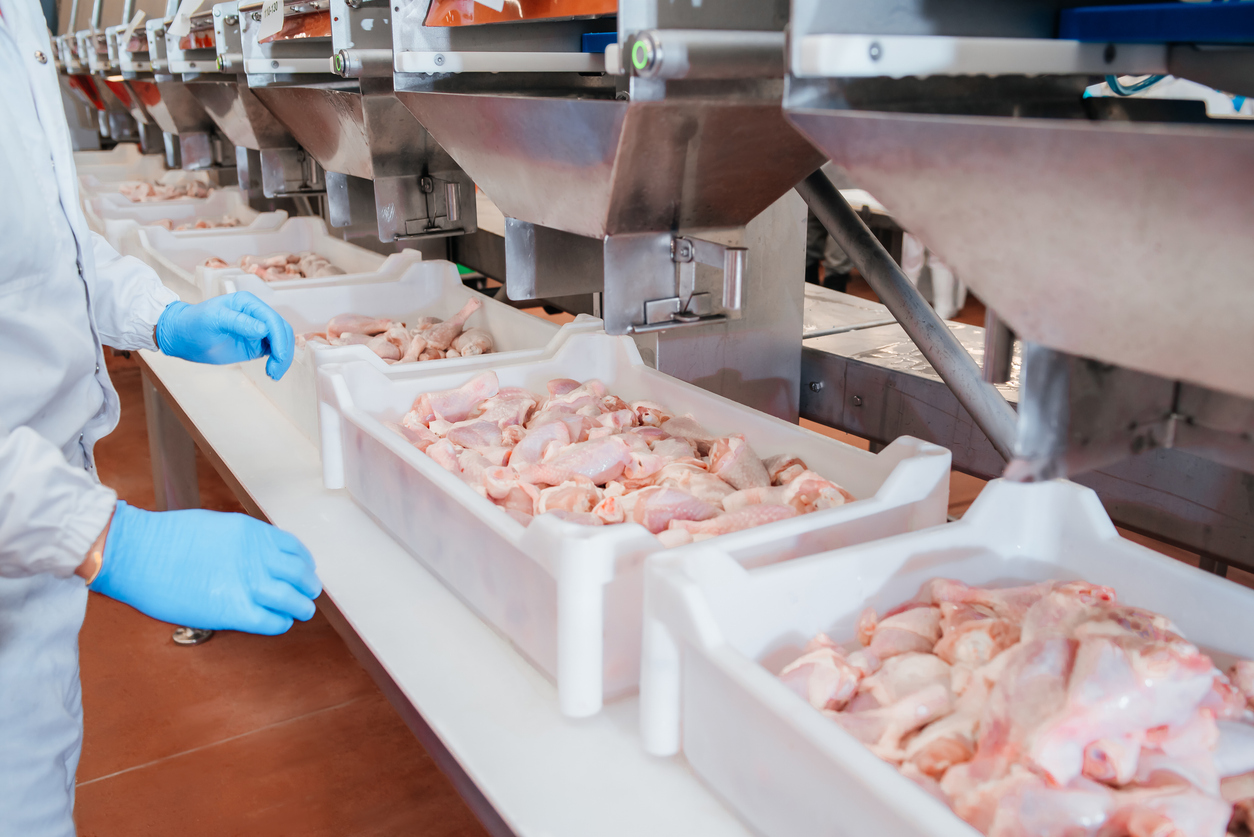Unlocking the Potential of Mali’s Agriculture: Exporting Oils Seeds and More with Wigmore Trading
Unlocking the Potential of Mali’s Agriculture: Exporting Oils Seeds and More with Wigmore Trading
Are you ready to explore the untapped potential of Mali’s agriculture? Look no further than Wigmore Trading, a company dedicated to exporting high-quality oil seeds and other agricultural products from this West African country. With its fertile soil, favorable climate, and skilled farmers, Mali has all the ingredients for a thriving agricultural industry – and Wigmore Trading is helping to unlock that potential. Join us as we delve into the world of Malian agriculture and discover how Wigmore Trading is making an impact on both local communities and global markets.
Overview of Mali’s Agriculture Industry
Mali’s agriculture industry is one of the most important sectors of the economy, accounting for about 32% of GDP and employing more than 70% of the workforce. The country has great potential for agricultural production, but it faces many challenges, including limited access to resources and markets, poor infrastructure, and a lack of technical know-how.
Wigmore Trading is working to help Mali’s farmers overcome these challenges and unlock the potential of the country’s agriculture sector. We are doing this by providing access to resources and markets, investing in infrastructure, and training farmers in modern farming techniques.
We believe that Mali has great potential to become a major player in the global oils seeds market, and we are working hard to make that happen. With our help, Mali’s farmers will be able to produce more food for their families and communities, and earn a good income from selling their surplus crops.
Benefits of Exporting Oils Seeds and Oleaginous Fruits from Mali
Mali is a landlocked country in West Africa with a population of 18 million. The country has a tropical climate and is home to a variety of crops, including oil seeds and oleaginous fruits. Mali is the world’s third-largest producer of cotton and the fifth-largest producer of gold. The country also has significant reserves of iron ore, bauxite, and uranium.
Mali’s agriculture sector accounts for approximately 40% of the country’s GDP and employs 70% of the workforce. The majority of Mali’s farmers are small-scale subsistence farmers, however there is potential for the country to increase its agricultural production and exports. Exporting oil seeds and oleaginous fruits could be a viable option for Mali as these products are in high demand globally.
There are numerous benefits that exporting oil seeds and oleaginous fruits from Mali would bring. Firstly, it would provide an important source of income for small-scale farmers who are currently struggling to make a living. Secondly, it would create jobs throughout the entire value chain – from farming to processing to transportation. Thirdly, it would contribute to economic growth and development in Mali.Fourthly, it would help to diversify Mali’s economy away from its dependence on commodities such as gold and cotton.
Exporting oil seeds and oleaginous fruits from Mali has the potential to transform the country’s economy and improve the lives of its people. It is an opportunity that should not be
How Wigmore Trading Can Help Buyers Export Products from Mali
Wigmore Trading has been working with Malian importers and exporters for over 10 years, and we have the experience and knowledge to help our buyers export products from Mali. We can provide you with the resources and support you need to successfully export your products to international markets.
We have a strong network of partners in Mali, including farmers, processors, and traders, that we can connect you with to source the products you need. We also have a team of experienced professionals who can provide you with advice and guidance on all aspects of exporting from Mali.
If you are interested in exporting oils seeds or any other agricultural products from Mali, contact us today to learn more about how we can help you.
Examples of Popular Oils Seeds & Oleaginous Fruits in Mali
Mali is a landlocked country located in West Africa with a population of 18 million. The country has an area of 1.24 million square kilometers and its capital is Bamako. Mali is bordered by seven countries: Ivory Coast, Burkina Faso, Niger, Senegal, Mauritania, Guinea, and Algeria. The climate in Mali is tropical with two seasons: the rainy season from June to October and the dry season from November to May.
The country has a diverse landscape with savanna in the south and desert in the north. Mali is home to many different ethnic groups including the Bambara, Dogon, Fula, Songhai, Tuareg, and Wolof. Islam is the predominant religion practiced in Mali.
The economy of Mali is based on agriculture with cotton being the main export crop. Other important crops include rice, millet, sorghum, peanuts, maize, and livestock. The mining sector also contributes to the economy with gold being the main export mineral followed by phosphate and salt. Tourism is another important sector of the economy with historical sites such as Timbuktu attracting visitors from all over the world.
Mali has great potential for agricultural production due to its large size and diverse landscape. The country has many different types of soils which are suitable for different crops. The climate is also favorable for agriculture with rainfall occurring during the growing season. In recent years, there has been an increase in investment in Mali’
Opportunities for Growth in Other Agro Commodities from Mali
Mali is a landlocked country in West Africa with a population of 18 million. The majority of the population (80%) lives in rural areas and subsistence agriculture is the main source of livelihood. The country has great potential for agricultural production and export due to its large tracts of arable land, ample water resources, and favorable climate.
Mali is the world’s third-largest producer of cotton, and the crop represents around 30% of the country’s export earnings. However, Mali’s cotton sector is underdeveloped and only contributes around 1% to global production. There is significant scope for improvement in productivity and quality, which would enable Mali to increase its share of the global market.
Other agro commodities that offer opportunities for growth in Mali include rice, maize, millet, sorghum, groundnuts, livestock, and fisheries. Rice is Mali’s second-most important crop after cotton, and the country has great potential to become a major regional player in rice production and exports. More than half of Mali’s arable land is suitable for rice cultivation, but currently only a small fraction of this potential is being exploited. With proper investment in infrastructure and technology, Mali could significantly increase its rice output.
Maize is another key crop in Mali, with production levels having tripled over the past two decades. The country has immense untapped potential for further increases in maize output, particularly if smallholder farmers are provided with
Conclusion
We have seen how Wigmore Trading has been able to unlock the potential of Mali’s agriculture by exporting oil seeds and other agricultural products. Through their commitment to helping small-scale farmers in Mali, they have provided an opportunity for many people to make a living from farming. With the help of organizations like Wigmore Trading, we can continue to explore ways that will enable us to expand our support for small-scale farmers across Africa and help them succeed in an increasingly competitive global market.








Comments are closed.